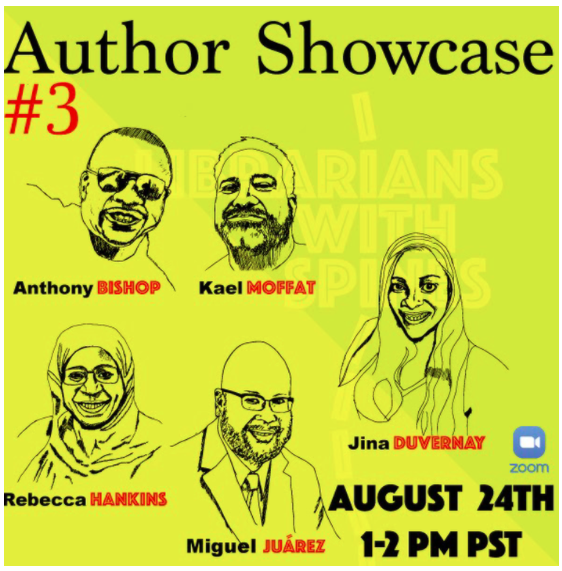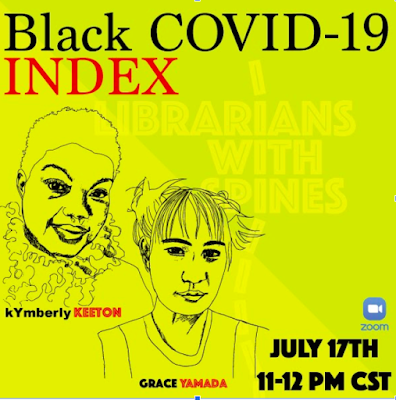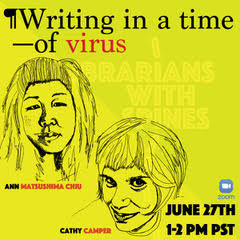New Post on Librarians with Spines

There has been an awakening on Instagram this year--a political, social, and historical awakening that is helping to change thinking about race, racism, activism, social justice and more. The beautiful thing about this awakening is that it is being led by BIPOC. One of the most prominent accounts to follow on instagram is @BIPOC_in_LIS! This account brings together so many issues of people who are oppressed--not only in LIS and libraries, but also in education and in general society. Every day I am moved by her posts and also learn from them. @BIPOC_in_LIS can be thought of as a clearinghouse of information related to BIPOC in libraries. @BIPOC_in_LIS goes beyond BIPOC and posts about all sorts of oppressed groups and intersections! You can read more here .








